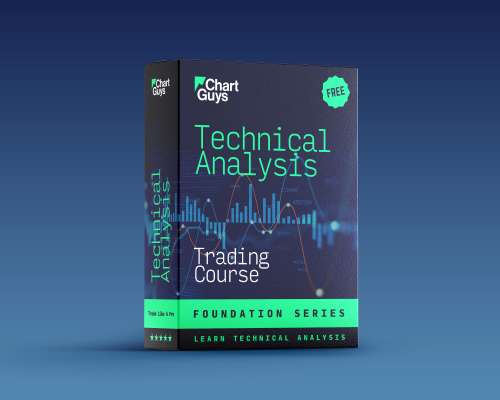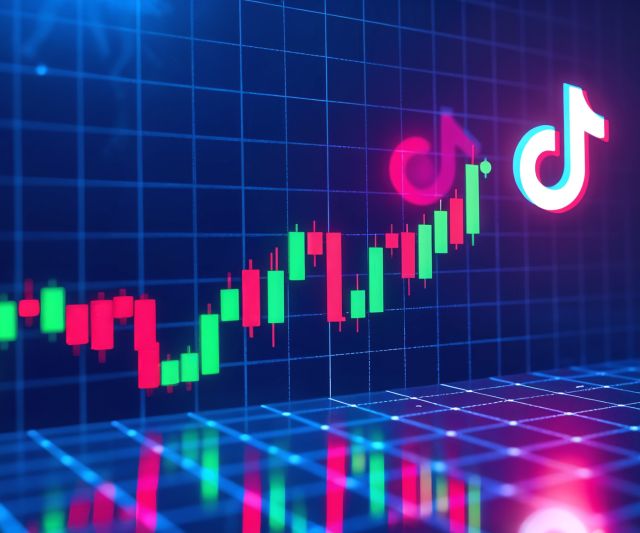There are two kinds of biases in the markets. The first, a flashy epic call; Cathy Wood and her TSLA call, Michael Burry and the Big Short. These epic calls have made people the world over hang on to every word and trade these two have made, despite an overwhelming number of calls that have been quite wrong both lately and ever since.
The second bias is recency bias. “You’re only as good as your last trade” as the saying goes. Both yourself and others are more likely to judge you on your last trade, whether good or bad. Make one good call and you feel like you can do no wrong, make one bad call and the judgment from either yourself or others depending on your situation and how you feel about trading pours in.
What’s even worse though, is the pressure we put on these last or epic trades, and how incredible their power over us can hold. Especially if trading is going poorly, it’s very easy to attach ourselves to the feeling of one good trade. It puts us back in the game, gives us hope that the streak we were previously on is over.
It also can lead to bad behaviors. Mostly because we attach the idea that “this time we were right” or “that can happen again”, and our minds forget whatever happened before. Recency bias and forgetfulness of pain is both a survival mechanism in our brain, giving us hope for the future and ability to move on quickly. But we know in trading that most traits of human nature should be faded. Sell when we’re euphoric, buy when there is blood in the streets. Be MORE strict when we have been right recently with our rules, and avoid looking at only one or two trades for information.
One trader I respect very deeply often makes great trades, and gets congratulated for it. His response is always the same: “Just one out of a thousand trades”. Similarly Dan will say “act like you’ve been there before”. Whether winning or losing in trading, we need to zoom out and not put so much pressure on ourselves to make every trade right, to attach bias to any one call. Rather to seek to develop a strategy that will make us successful over time, and to stop searching over and over for our Moby Dick. To assess the information available to us and use it to make good decisions on our next trade, and to ignore sensational calls and headlines which without good risk management don’t really matter if they are even right.












